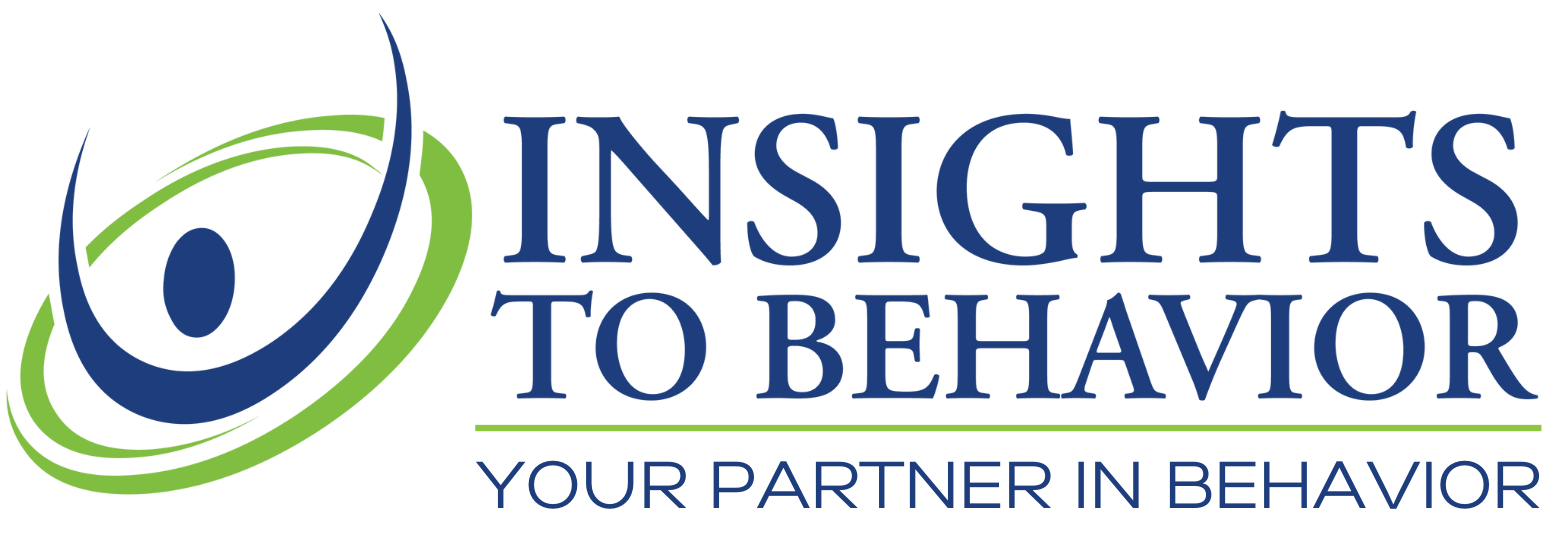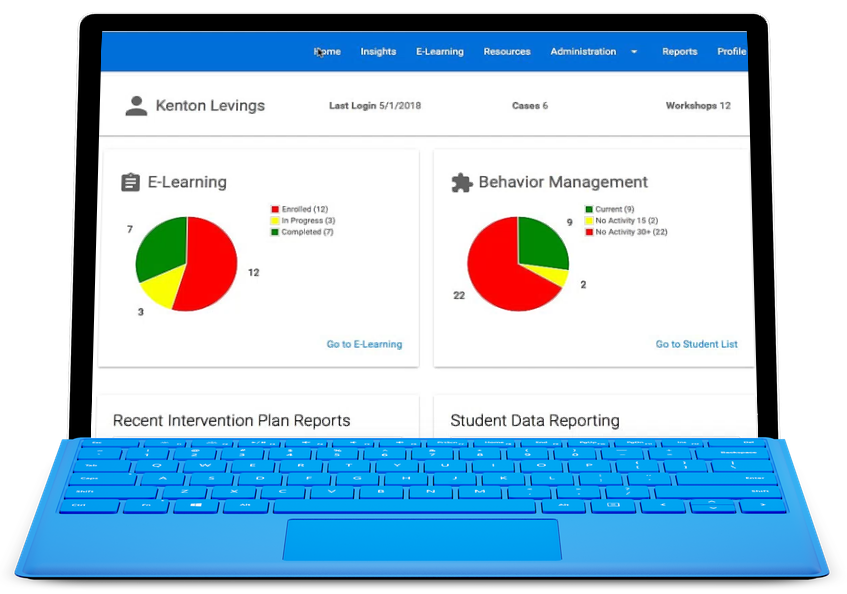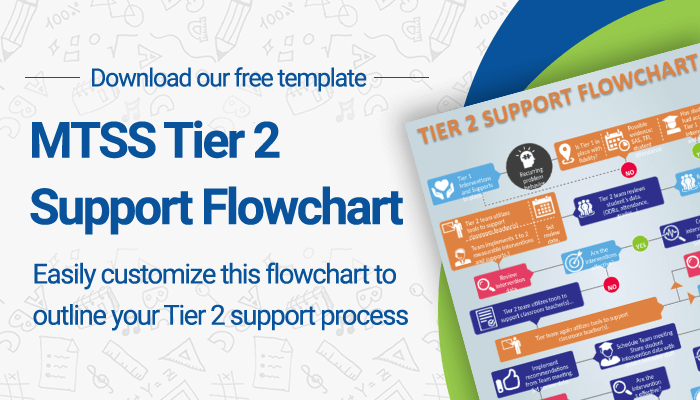As educators, you know there are just some kids who walk into a classroom and they’re not going to follow the norms of the classroom. You think they hear you, yet disregard directions. Create disruptions. Prevent other students from learning.
Teachers could recite this list in their heads. They also spend a good part of every day trying to negate those behaviors in the classroom.
One way to change behavior is to understand why the behavior is happening to begin with. There isn’t always an easy answer to the question of why do children misbehave? But the answers can help educators solve many of those pesky and frustrating behavioral issues in the classroom.
Managing student behavior is a big part of a teacher’s job and one they often feel overwhelmed by. Read on to get to the core of what might be making a student choose to misbehave.
Needs Not Being Met
Let’s start with the basics. If a student is hungry or tired, or some basic need is not being met, it’s harder to conform and do what is expected.
11 million American kids come to school hungry. Break that down to 1 in 7 kids face food insecurity. In a regular-sized classroom that could be 4 or 5 kids who can’t concentrate or are acting out because of hunger.
Have you’ve ever tried to get a non-compliant preschooler to do something they don’t want to do, especially when they are tired or hungry?
When students’ very basic needs are not being met, they will act out in disruptive ways.
Medical Issues
More and more kids come to school with underlying medical conditions that impact their ability to behave and function like their classmates.
One in 54 students is likely to be on the ASD spectrum. Boys are 4 times more likely to have an ASD diagnosis. Students with ADHD or anxiety disorders are part of the norm in the classroom today.
Many of these diagnoses come with inherent related issues. Students who are mainstreamed in a regular education classroom need behavior support to function positively.
Educators are seeking and using legally-defensible behavior intervention plans to help manage the unique behavior needs with students, including those with a medical diagnosis.
Relationships Aren’t In Place
Enough can’t be said about the importance of the relationship between student and teacher. If a student comes to school and doesn’t have a genuine connection with an adult, like their teacher, they have no reason to be committed to the learning.
When a student does not have a connection with their teacher, they don’t have a reason to conform to the things being asked of them. In fact, it gives them a reason to not behave. They have no vested interest in conforming to the request of the teacher.
Greeting students, getting to know their interests and things about their life goes a long way. They become invested in you as the teacher. They want less to act out against someone who cares about them and who they care about in return.
Seeking Attention of Adults or Classmates
Some students need more attention than others. Other students feel like they don’t get enough attention, from home or school.
In either of those scenarios, when a student wants attention or needs attention, they will act out to get it. Even it gets them a negative response. For some kids, they don’t care how they get attention, negative or positive, attention is attention.
Seek to acknowledge positive choices and ignore negative ones. If kids know they can get attention for negative behaviors, those are likely to continue.
Power Needs
Sometimes students will act out as a way to establish power. So, instead of following the directions of the teacher or conforming to the norms of a group while working together, you’ll have a student who acts out instead.
They will act out because they want to establish their power base. When a student is compliant, they are showing that you are in charge. When they choose to act out, they let you know they want more power or control of a situation.
When students are in cooperative groups, sometimes you’ll see a student who wants to assert themselves as the “leader” of the group. They will appear uncooperative or will not follow the group. They are trying to assert power over the rest of the group.
Lack of Confidence and Skills
Some kids just don’t know how to behave the right way. Now, you might be wondering how is that possible?
If a student is lacking in confidence, they may act out as a way to cover up their insecurities.
- Other students might act out because they don’t have the skills to express what they want. For example, a younger student might feel frustrated that their work doesn’t look like one of their peers. Instead of articulating that they need help to improve their own work, they will lash out at other students who they feel inferior to.
A student might not fully have the confidence or social skills to say:
- I want to be part of this group
- I need help with my reading packet
- Can I be a part of this group?
When they lack the skills to say the words correctly, they will act out, misbehave, or use the wrong choices, attempting to get other results.
Curriculum Related Issues
Curriculum related issues can manifest themselves in a few ways.
You may have a student who isn’t being challenged enough. The work is easy for them. They get done before other students and don’t feel intellectually challenged. Remember, this isn’t a fault on you, as a teacher.
All kids are different, and that’s the reason why educators use differentiated instruction.
When this student is bored and restless, they misbehave.
An alternate issue is when a student doesn’t understand the work or the work is too hard for them. How do they cover up their lack of understanding so people won’t judge them? They don’t do the work and instead mask their lack of understanding by acting out.
If you have a student misbehaving, one question to ask yourself is could this behavior be tied to their academic ability or lack of it.
Consider the Classroom Environment
For the same reason, your college roommate went crazy when you played the same music over and over again. You went crazy when they insisted it must be quiet to study.
People have different learning styles. If you have an active classroom that thrives on movement and noise, you could have a student who is overstimulated and acting out because of it.
It’s the same reason we know some kids work best when they can’t see other students. While other students work best with a pair of headphones on their head with quiet music playing.
The environment we work in impacts how well we work. If a student is having a difficult time with some classroom environmental factors, you could be getting negative behavior because of it.
Testing Boundaries
As parents, you recognize a toddler who is establishing their independence. They don’t want to hold your hand. They want to do “it” by themselves. Then you try to reign them in and they let you know they want to do it alone.
Kids in classrooms are constantly balancing boundaries. What can I get away with? What will happen if I say this when I know I’m not supposed to? What happens if I don’t do what the teacher is telling me to do?
How some kids learn is by testing boundaries of what is okay and what is not okay.
But kids often don’t know how to stretch those boundaries the right way. They either don’t understand the expectations or don’t want to abide by them. Instead, they push back on those boundaries with inappropriate choices.
Bad Behavior Works for Them
Kids learn fast. They learn that when they want something or don’t want something, they act out. While it can be hard to be strong in the face of inappropriate behavior, it’s a must.
If a student doesn’t want to do 15 math problems or today’s spelling lesson, they throw a fit. When you give in and adjust the assignment down, you’ve, in essence, told them all they need to do is act out to get their way.
The bad behavior works to get them the desired results.
Understanding Why Do Children Misbehave and Fixing It
Students can misbehave for a whole host of reasons. Some simple and some much more complex and challenging to figure out. Understanding why do children misbehave is the first step in changing their behaviors.
If you want more help and information about our behavior management solutions, we’d like to talk with you. Contact us today to learn more about how we can help you solve those toughest behavior issues in your classroom.



